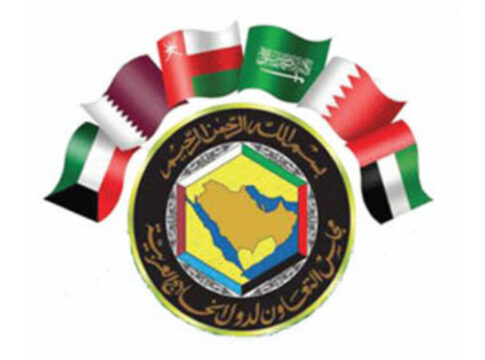The Gulf Cooperation Council (GCC) continues to play a pivotal role in regional economic integration, with recent figures showing a notable increase in trade among its member states. According to Salah Al-Sharqi, Secretary-General of the Federation of Gulf Cooperation Council Chambers, trade within the GCC reached $2.2 trillion in 2023, up from $1.5 trillion in 2022. This growth underscores the robust economic relationships within the region and highlights both the opportunities and challenges that lie ahead.
Despite this positive trajectory, several challenges need to be addressed to sustain and enhance trade growth. One significant challenge is the need for greater diversification beyond oil and gas. As the global energy landscape shifts, GCC countries must look towards developing other sectors such as technology, tourism, and manufacturing.
Moreover, geopolitical tensions in the region pose a risk to economic stability. These tensions can disrupt trade routes, increase insurance costs for shipping, and create an unpredictable business environment. In response, Al-Sharqi mentioned that the federation is conducting a comprehensive study on the potential challenges in the energy sector, aiming to mitigate risks and ensure stable growth.
On the brighter side, the federation is actively working to bolster cooperation within the private sector. By organizing seminars and meetings, the GCC aims to form joint committees that will address challenges and foster partnerships. This focus on the private sector is crucial for driving innovation and entrepreneurship, which are vital for economic diversification.
The GCC’s strategy also includes enhancing industrial coordination across member states. By prioritizing sectors that serve the regional economy, such as petrochemicals and renewable energy, the GCC can leverage its existing strengths while exploring new avenues for growth.

Economists and think tanks within the GCC suggest several strategies to build on this momentum. First, enhancing digital infrastructure could streamline trade processes, reduce costs, and improve efficiency. This step is especially important for facilitating e-commerce and enabling small and medium enterprises (SMEs) to participate more actively in regional trade.
Second, investing in education and skill development is crucial. By preparing the workforce for future industries, GCC countries can ensure they have the human capital necessary to support economic diversification.
Lastly, strengthening regional cooperation through unified policies and standards could eliminate trade barriers and create a more cohesive market environment. This approach would not only increase trade within the GCC but also enhance its competitiveness on the global stage.
In conclusion, while the GCC faces challenges in sustaining its trade growth, proactive strategies and regional cooperation can unlock significant opportunities. As the federation continues to focus on diversifying and expanding trade, the prospects for economic integration in the region remain promising.



